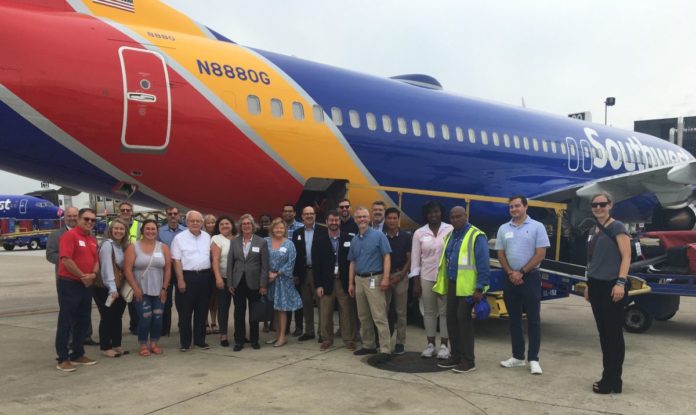Virgin Atlantic Cargo has appointed Nick Diesel as its new managing director, effective 4 August, replacing Phil Wardlow who is leaving the airline.
Diesel has been at Virgin Atlantic for nine years and was most recently vice president, financial planning, with responsibility for post-pandemic recovery.
With a background in strategy and operations consultancy at Deloitte, Diesel has worked on high profile projects at Virgin Atlantic, including as finance lead for the expanded joint venture agreement with Air France-KLM and Delta Air Lines.
He said: “Virgin Atlantic Cargo is one of the most important business units we have, and collectively this team delivered amazing achievements through the pandemic, enabling our recovery. The cargo division continues on a successful trajectory for 2024 and I look forward to building on this with the team.”
Chief commercial officer, Juha Jarvinen, said that he had played a fundamental role during the pandemic transformation, adding: “Our Cargo division offers fantastic opportunities for our people, and I look forward to working closely with Nick, as he leads the cargo team into its next phase.
“I’d also like to take this opportunity to thank Phil for more than twenty years of service at Virgin Atlantic and his exceptional leadership of the cargo team. We wish him all the best in his new endeavours.”













